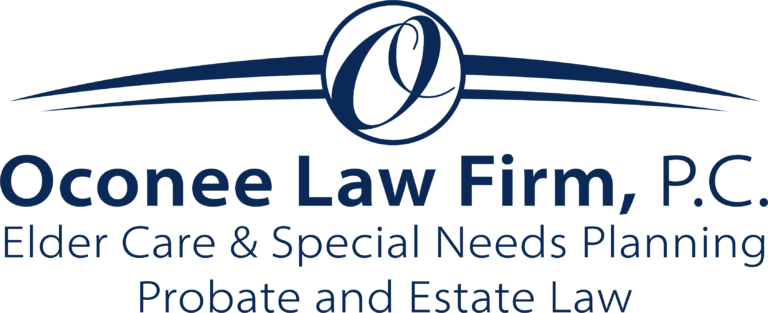What are the Advantages of a Testamentary Trust?
One reason to have a last will and testament is to protect minor children. A will offers a means of providing for a minor child through a testamentary trust, which is also a good tool for leaving an inheritance to someone who might not use their bequest wisely, says the recent article “What is a Testamentary Trust and How Do I Create One?” from wtop news.
Trusts are legal entities that hold assets, and money or other assets in the trust are managed according to the wishes of the person who created the trust, known as the grantor. A testamentary trust is created through the person’s will and becomes effective upon their death. Once the person dies, their assets are placed in the trust and are distributed according to the directions in the trust.
A trust can also be created while a person is living, called a revocable trust or a living trust. Assets moved into the trust are distributed directly to heirs upon the person’s death and do not go through the probate process. However, they are administered without probate, as long as they are in effect. Living trusts are also managed outside of the court system, while testamentary trusts are administered through probate as long as they are in effect.
A testamentary trust is used to manage money for children. However, it can also protect assets in other situations. If you are concerned about an adult child getting divorced and don’t want their inheritance to be lost to a divorce, a trust is one way to keep their inheritance from being considered a marital asset.
The oversight by the court could be useful in some situations, but in others it becomes costly. Here’s an example. Let’s say a testamentary trust is created for an 8-year-old to hold assets until she turns 25. For seventeen years, any distribution of assets will have to take place through the court. Therefore, while it was less costly to set up than a living trust, the costs of court proceedings over the seventeen years could add up quickly and easily exceed the cost of setting up the living trust in the first place.
If someone involved in the estate is litigious and likely to contest a will or a trust, having the court involved on a regular basis may be an advantage.
Having an estate planning attorney create the trust protects the grantor and the beneficiary in several ways Trusts are governed by state law, and each state has different requirements. Trying to set up a trust with a generic document downloaded from the web could create an invalid trust. In that case, the trust may not be valid, and your wishes won’t be followed.
Once a testamentary trust is created, nothing happens until you die. At that point, the trust will be created, and assets moved into it, as stipulated in your last will and testament.
The trust can be changed or annulled while you are living. To do this, simply revise your will with your estate planning attorney. However, after you have passed, it’ll be extremely difficult for your executor to make changes and it will require court intervention.
Reference: wtop news (July 19, 2021) “What is a Testamentary Trust and How Do I Create One?”
Suggested Key Terms: Testamentary Trust, Grantor, Minor Child, Last Will and Testament, Assets, Annulled, Probate, Living Trust, Beneficiary, Executor, Invalid, Assets, Estate Planning Attorney

